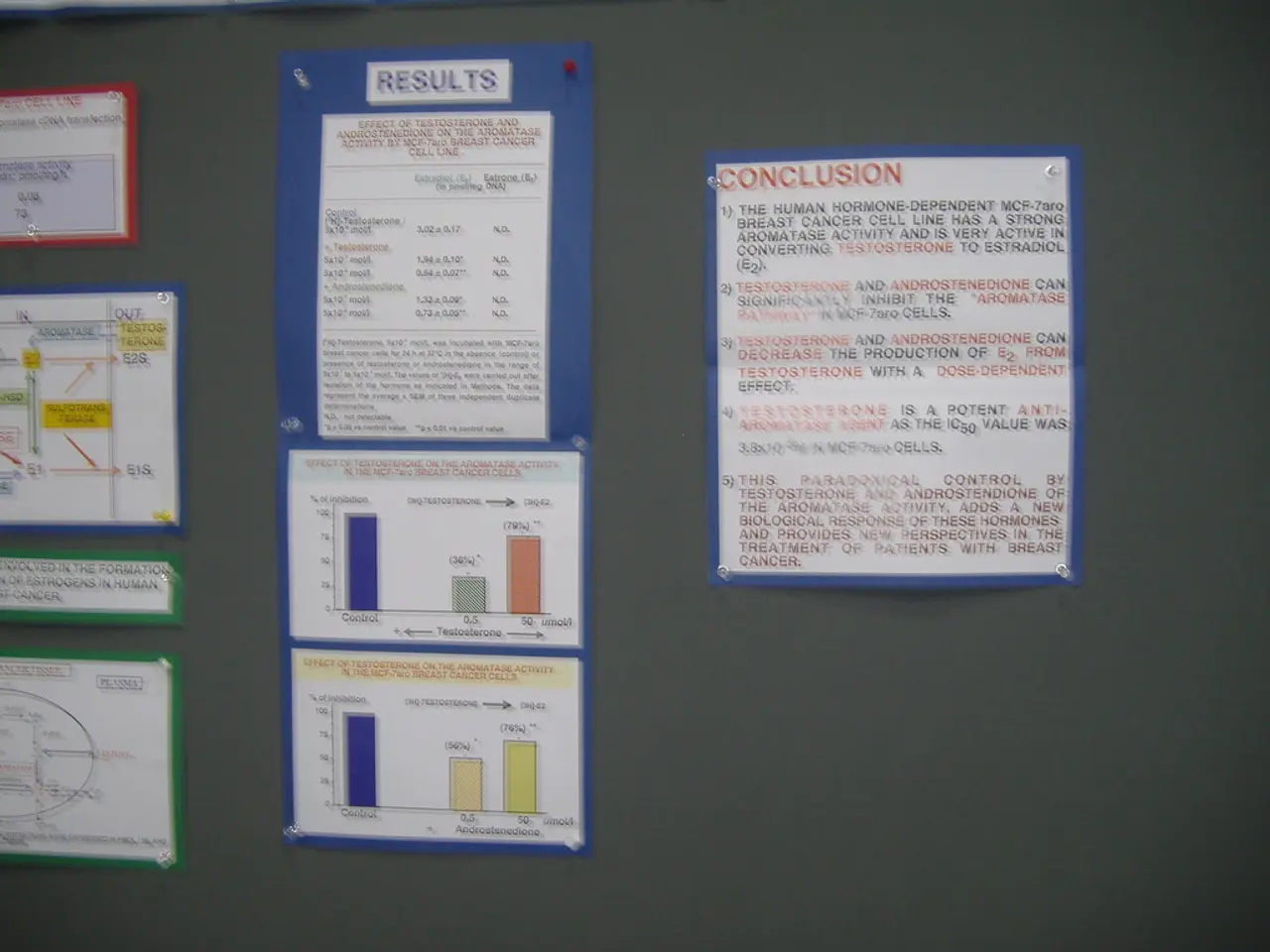Financial Decision Makers' Sleepless Nights: Insights from a CFO Study
Germany's Financial Decision-Makers Fret Over Volatility and Bureaucracy
Financial leaders in German companies are plagued by concerns over economic instability and excessive bureaucratic costs, according to a recent survey by credit insurer Coface. Political uncertainties and global trade upheavals have left the German economy precarious, marked by stagnation for three consecutive years. Among these financial decision-makers, sustained economic volatility is the foremost concern, followed by escalating regulatory and bureaucratic costs.
The survey indicates that 83% of respondents are grappling with the deep-rooted uncertainty and challenges posed by economic volatility. This concern is compounded by the secondary worries of burdensome bureaucratic costs (79%) and the advancing trend of protectionism (77%). Katarzyna Kompowska, CEO of Coface for the Nordic region, underscores this sentiment, stating, "The German economy's strength is being tested by these factors that exacerbate structural uncertainty."
As a result of these challenges, resolution measures are expected from the new federal government. Significantly, 62% of respondents urge tax cuts, while 59% advocate for bureaucratic reduction and lower energy costs. Energy-intensive companies are particularly affected by rising energy costs, raising competitiveness issues. In defiance of the proposed 500 billion euro infrastructure fund, only four out of ten financial decision-makers rate improved infrastructure as high on their priority list.
In light of these findings, Coface continues to support German companies in navigating an uncertain and volatile environment. The 100-year-old firm offers comprehensive credit and risk management solutions to serve clients in 200 markets around the world.
About the survey:On behalf of Coface, SMF Schleus Marktforschung GmbH surveyed 204 financial decision-makers in Germany between 18.03.2025 and 24.03.2025.
About Coface:Coface, a leading credit and risk management company, has been in operation for over a century. It provides a wide array of solutions to businesses, including trade credit insurance, economic insights, debt collection, single risk cover, guarantees, and factoring. With operations in around 200 markets and approximately 5,200 employees, Coface generates annual revenue of around 1.84 billion euros.
Press contact:Coface, Germany branchSebastian Knierim - Press SpokespersonTel. 06131/[email protected]
Source: Coface Germany, transmitted through news aktuell[Original content sourced from: Coface Germany, provided by news aktuell]
Background:The current economic climate in Germany is fraught with challenges such as high labor costs and shortages, stagnant economic growth, and a projected decline in exports. Additionally, burdensome bureaucratic processes and high energy costs are hindering business operations and innovation. To mitigate these issues, companies are looking for immediate policy interventions, economic policy reforms, investment in infrastructure and technology, support for export-oriented industries, and energy cost reduction strategies.
The survey reveals that a staggering 83% of financial decision-makers in German businesses are grappling with the deep-rooted uncertainty and challenges posed by economic volatility, while 79% express concerns about burdensome bureaucratic costs and 77% are worried about protectionism. In an attempt to address these issues, 62% of respondents urge tax cuts, followed by 59% who advocate for bureaucratic reduction and lower energy costs.
Consequently, the new federal government is anticipated to explore resolution measures, with the majority of financial executives urging policy interventions in the areas of business, finance, politics, and general-news. This includes, among other things, reducing bureaucratic costs, lowering energy costs, and adopting measures to combat protectionism.




